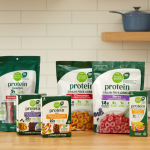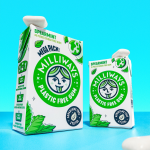Mooski Aims To Clean Up Granola Bars, Backed by RXBAR And Clio Insight
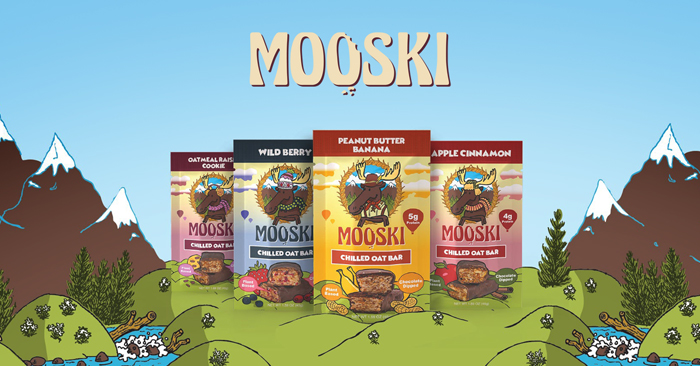
The Mooski has landed.
Following nearly two years of on-and-off experimentation and various product iterations, the chilled oat filled bar brand recently launched at a group of about 40 independent Southern California retailers. The brand aims to clean up the granola bar category with a product made from oats, dried fruits, and nut butters, covered in chocolate and sweetened with agave.
Mooski founder and CEO Robert Broome, who previously worked at both Clio and RXBAR — both of which are unconventional bar formats in their own right – believes the refrigerated bar brand will fill whitespace in the category with its focus on a short, clean ingredient label and its low-sugar, low-calorie positioning. While RXBAR founder Peter Rahal is not formerly involved in the company, Broome said the time spent with his previous mentor has greatly influenced his own launch.
What is Mooski?
Mooski began as a quest to create a portable version of overnight oats. Using a formulation inspired by his family muesli recipe, Broome built the bar with an eye toward eliminating some typical granola bar ingredients, including binders like cane syrup and canola and palm oil. The final product, a plant-based bar with a thick chocolate coating, is available in five SKUs – Oatmeal Raisin Cookie, Wild Berry, Peanut Butter Banana, Apple Cinnamon and Chocolate Peanut Crunch. Each Mooski bar contains less than 200 calories and under 10 grams of sugar.
While launching with five flavors may sound ambitious, Broome noted that he expects to discontinue his lowest performing flavors when the brand begins to scale beyond SoCal. For now he is focused on establishing “what this bar does” for the consumer by soliciting feedback during demos at his nearly 40 points of distribution in the region. He said this insight, coupled with his previous experience, informed significant breakthroughs in the brand’s positioning.
“The biggest thing is [to be], in people’s eyes, this fresh granola bar product line – that’s where I want to start and that’s where I see the most whitespace,” said Broome. “The beauty of Mooski is we’re flipping granola bars on their head, not only by making them fresher, but also taking away the big issue, which is they’re not really clean ingredients.”
At RXBAR, Broome worked on savory product TIG. He said he aimed to build off that expertise in a clean and simple way with the goal of making Mooski without any traditional binder or filler ingredients.
“The chocolate [in Mooski], despite being just really delicious, is actually what binds and keeps the oats together,” he said. “That’s the food science breakthrough.”
According to Broome, he also honed a bit of brand-building insight he picked up during his time at RXBAR from Rahal, helping him make the final push to launch Mooski at retail.
“I really learned the value of just getting something on the shelf,” said Broome. “The first store I got into I had to order these $30 a box mockups and basically, didn’t have adequate packaging, but I got it on the shelf and did not waste time. We started with three classic oatmeal flavors and I went in with that [as my] hypothesis, but what RXBAR and Peter had shown me was, screw your hypothesis, get it on the shelf and people will tell you what they want.”
Broome said that’s exactly what happened, noting that his three original SKUs also happen to be his lowest performing flavors at the moment. From there he quickly developed Peanut Butter Banana and Chocolate Peanut Crunch, now Mooski’s top sellers.
What’s Next?
Currently, Mooski products are made by Broome himself in a commercial kitchen. He said plans are already in the works to build out a small production facility and he is in talks with co-packers, aiming to develop those relationships over the coming years so that, when the brand is ready to scale, it can move seamlessly into its next stage of growth.
However, for now he is focused on testing and iterating Mooski in Southern California with the goal of developing a loyal consumer base, “clout and brand awareness.” Since the product requires refrigeration, Mooski is solely focused on retail distribution in order to keep operational costs as low as possible.
Highlighting the region’s reputation as a natural food hub, Broome believes the brand’s long term success hinges on its ability to expand, while driving velocities, throughout Southern California. He said he hopes to expand Mooski’s reach beyond natural independent grocers and into regional mid-sized retailers like Mother’s Market and Erewhon.
Once those gains are solidified, he said then the brand will look to more “costly businesses like DTC and Amazon.” Broome emphasized that while Mooski will be strategic about scaling and constantly test and “iterate quickly,” he believes the brand’s platform gives it the staying power it needs to grow beyond its core lineup later on.
“Positioning it as a fresher granola bar will do a lot in keeping consumers interested,” said Broome. “Some of the best emerging brands are the ones that give a bold take on a classic [product]. They take these things that people know and they make it better. I think tying this product to ‘we’re making this well known category of granola bars better cleaner, fresher, more delicious’ will have a lot of sticking power in the future.”

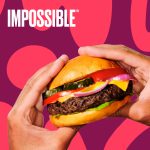
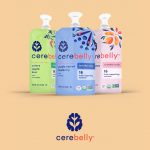
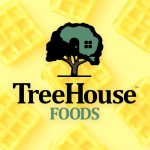










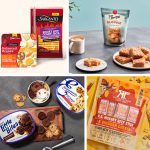
![[Updated] Oats Overnights Secures $45M Investment From Astō](https://d2azl42aua8mom.cloudfront.net/wp-content/uploads/2026/01/29172259/2026-01-29-oats-overnights-secures-45m-in-growth-equity-from-square-150x150.jpg)
